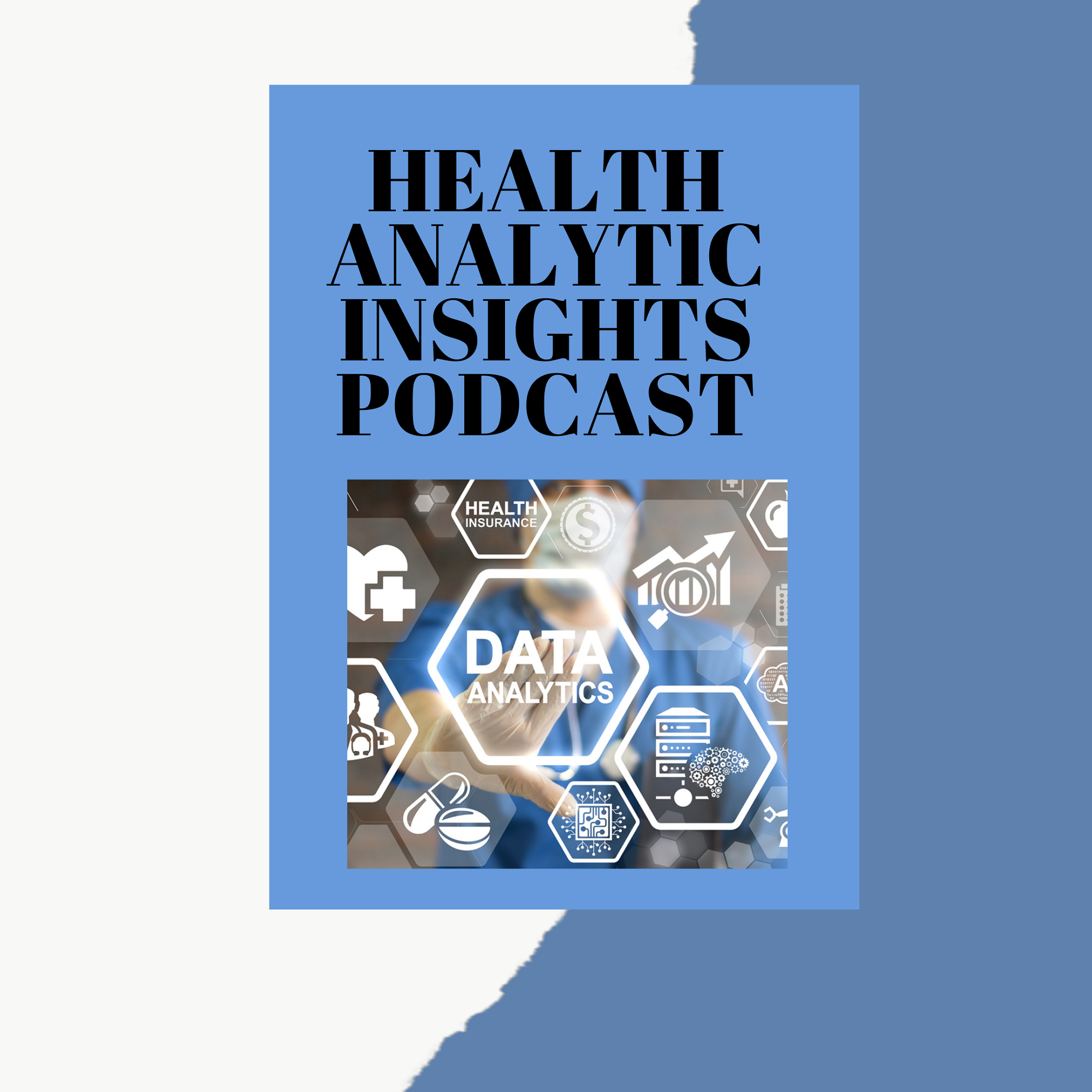On the Health Analytic Insights podcast, the two biggest themes which I often discuss with guests, regardless of the initial topic, are the importance of open and transparent communication with end-users and the importance of privacy and security when dealing with healthcare data. Therefore, in this blog post, I am going to talk about why data governance is key in advancing the health informatics field.
What is data governance?
Data governance is the regulatory system that is put in place to manage the privacy, access, security and management of data produced both internally and externally to your organization.
Who benefits or loses from data governance?
I would argue everyone wins when data governance is put in place, some might argue that it stifles creativity but I think it puts necessary boundaries in place so that creative solutions don’t have to be shut down or stalled if a breach occurs. Also, healthcare data can be messy, especially if it comes from several sources such as the EHR/EMR, labs, healthcare claims etc… and having systems in place to standardize the data can be integral to the success of implementing more complex projects such as machine learning algorithms.

Source
Also, when it comes to greater interoperability this might not just be the ability to share data between different data sources but also the ability to share data between different healthcare organizations. Without a strong data governance policy in place between and within organizations this can result in privacy and security issues. The ability to share common datasets between healthcare organizations will reduce redundancy and the need for continuous data cleaning and help to increase more time spent on analyzing and driving health outcomes for patients overall.
How can one practice data governance in their healthcare organization?
Regardless of your role, one can practice data governance by understanding and following the practices of external government regulations, such as PHIPA (Personal Health Information Protection Act). In addition, if your organization has specific rules when it comes to dealing with patient data, it’s important to understand the documentation and reach out to your privacy officer within your organization for further clarification. If you have a role entering in data, making sure that the data is of high quality and integrity is key.
No organization is 100% secure from privacy or security breaches but a strong data governance framework is a good way to help mitigate these risks. In addition, the Canadian Institute for Health Information has created a great resource in the form of the Health Data and Information Governance and Capability Framework where they have laid out several strategic questions to ask within your organization, linked here.
Some of these questions include: “How are risks managed to achieve both protection (privacy/security) of sensitive health data and enabling access to create impactful insight?” and “Are we trusted by key stakeholders (e.g., patients) to collect, use and disclose personal health information? Do we have corresponding communication and engagement in place?”
For instance, if you are collecting healthcare data for a study, ensuring that you have a large and diverse sample size is important when it comes to reducing bias and making general assumptions from a narrow dataset. There have been several reported cases of machine learning algorithms developed which have negatively affected marginalized groups because the factors or sample size were tailored towards a certain group or did not take into account a holistic view.
If you have a role in manipulating or organizing unstructured data, documenting the metadata in the form of a data dictionary or data catalog is helpful for organizational accountability. Since everyone has a role in ensuring healthcare data is of high quality and is secure, multiple stakeholders should be able to voice their opinion on the data governance policies within the organization, to ensure everyone feels they have a stake in this ongoing, changing practice. In addition, there should be ongoing and regular training and resources for new people who join the organization and for people who need a refresher.
I hope in this blog post I have convinced you of the importance of data governance and the stake everyone has in the organization to keep data safe, secure and high quality. Comment down below, why is data governance important to your organization? Don’t forget to listen to the Health Analytic Insights podcast, found wherever you like to listen to podcasts!
1 Comment
3 Common Healthcare Data Challenges: 'Mo Data Mo Problems' - HealthAnalyticInsights · July 18, 2022 at 10:39 am
[…] Finally, a data governance framework can be helpful for the entire organization but especially so for the individuals who are entering in the data. A data governance framework will have extensive documentation on standards and policies developed by the organization. For instance, a standard definition on how hospital length of stay should be calculated and there should be certain logic rules in place to help guide people to enter in the data accurately (i.e. The age of the patient should not be less than 0). Data governance is especially important when dealing with healthcare data because most likely your organization reports to a higher government body that will require a certain veracity of the data and this might be tied to your funding. If you would like to read more about data governance you can check out the post I have written here: Is Data Governance Important in Health Informatics? […]